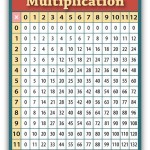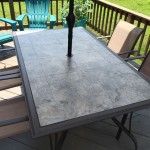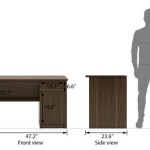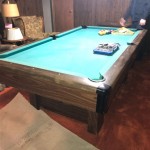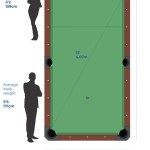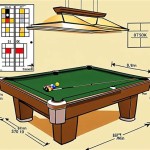Table Tennis Dimensions: A Guide to the Playing Surface
Table tennis, also known as ping pong, is a popular sport enjoyed by people of all ages. Its appeal lies in its simplicity, accessibility, and the engaging strategy involved. A fundamental aspect of the game, and one that directly impacts gameplay, is the table tennis table itself. Its standardized dimensions are crucial for ensuring fair play and consistent gameplay. This article will explore the key dimensions of a table tennis table, providing a comprehensive understanding of this essential element of the sport.
Table Dimensions
The table tennis table is rectangular in shape and is designed to provide a level playing surface for both players. The International Table Tennis Federation (ITTF) sets the standard dimensions for the table. The table is 2.74 meters (9 feet) long, 1.525 meters (5 feet) wide, and 76 centimeters (30 inches) high. These dimensions are crucial for the game's dynamics, influencing the trajectory of the ball, the speed of play, and the strategic options available to players.
Playing Surface
The playing surface of a table tennis table is a crucial element impacting gameplay. It must be smooth, flat, and non-porous. This ensures that the ball bounces consistently, allowing players to anticipate its movement and react accordingly. The playing surface is typically made of a dark material, often a green or blue color, to provide a clear contrast against the white ball.
The playing surface is divided into two halves by a net, which is suspended across the table's width. The net is 1.525 meters (5 feet) long and 15.25 centimeters (6 inches) high. The net's position and height play a critical role in the game, forcing players to clear the net with their shots and strategize around its presence. The net acts as a barrier, creating opportunities for both offensive and defensive maneuvers.
Significance of Dimensions
The standardized dimensions of the table tennis table are essential for several reasons.
Firstly, they ensure fair play. Consistency in the playing surface guarantees that all players compete on a level playing field, where the ball bounces predictably. This allows players to focus on their skills and strategies rather than unpredictable bounces.
Secondly, these dimensions impact the dynamics of the game. The table's size dictates the range of shots that can be played, influencing the speed and trajectory of the ball. The length of the table allows for long rallies and strategic placement of shots, while the width provides opportunities for angled shots and crosscourt play. The table's height determines the angle of the bounce, affecting the spin that can be imparted on the ball.
Thirdly, the dimensions influence the strategic aspects of the game. The length of the table necessitates precise shot placement to reach the opponent's side. The width of the table allows players to position themselves and attack from different angles. The net's height adds a layer of complexity to the game, forcing players to factor it into their shot selection and execution.
In conclusion, the dimensions of a table tennis table are not merely a technical aspect of the sport. They play a pivotal role in shaping the game's dynamics, influencing the trajectory of the ball, the speed of play, and the strategic opportunities available to players. These standardized dimensions ensure fair play and consistent gameplay, making table tennis an exciting and engaging sport for all skill levels.

Table Tennis Dlgsc
Table Tennis Tables Dimensions Drawings Com

Table Tennis Room Size Court And Dimensions

To Choose The Right Table Tennis Size For You Stiga Sports

Table Tennis Measurements Size And Dimensions Cornilleau

Table Tennis Tables Which Is Right For Me Hart Sport New Zealand

To Choose The Right Table Tennis Size For You Stiga Sports

Ping Pong Table Dimensions Ponghero

Official Table Tennis Size And Dimensions Aussie

To Choose The Right Table Tennis Size For You Stiga Sports
Related Posts

